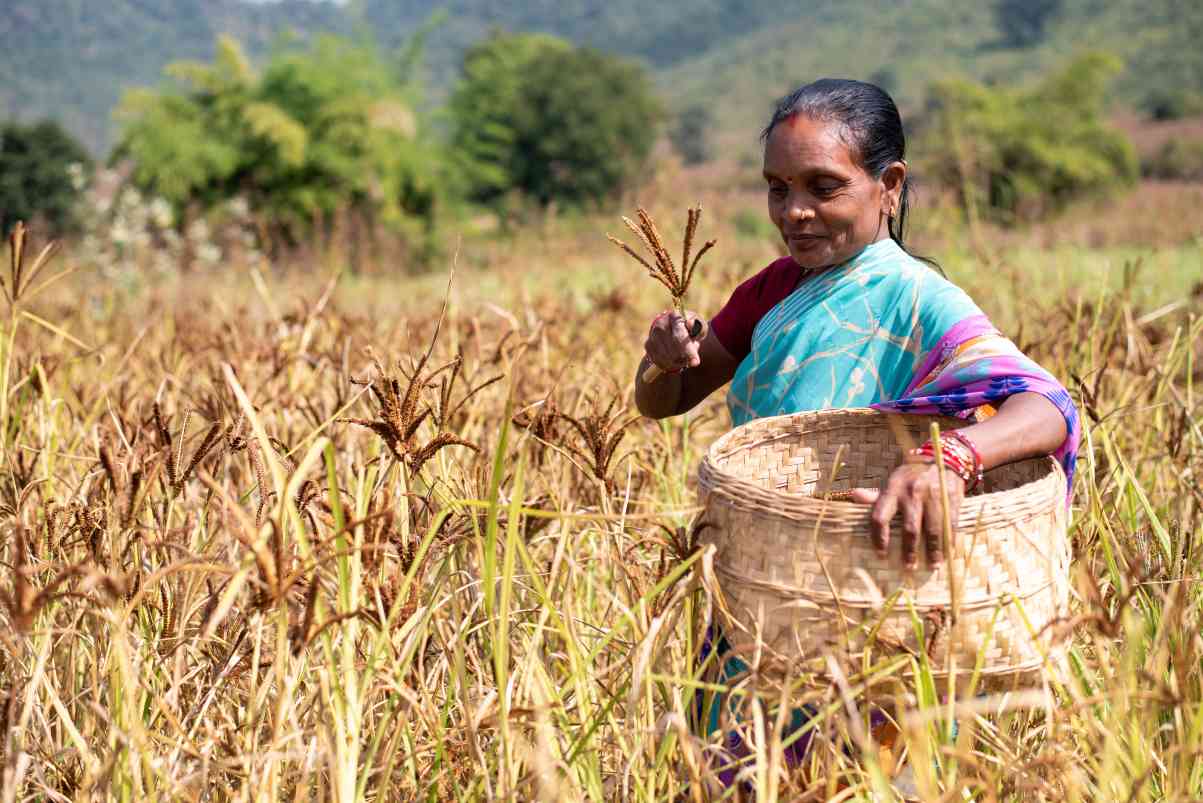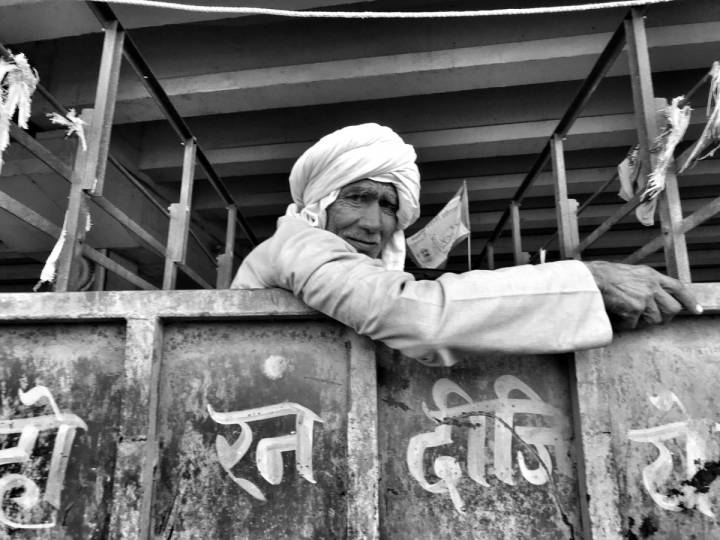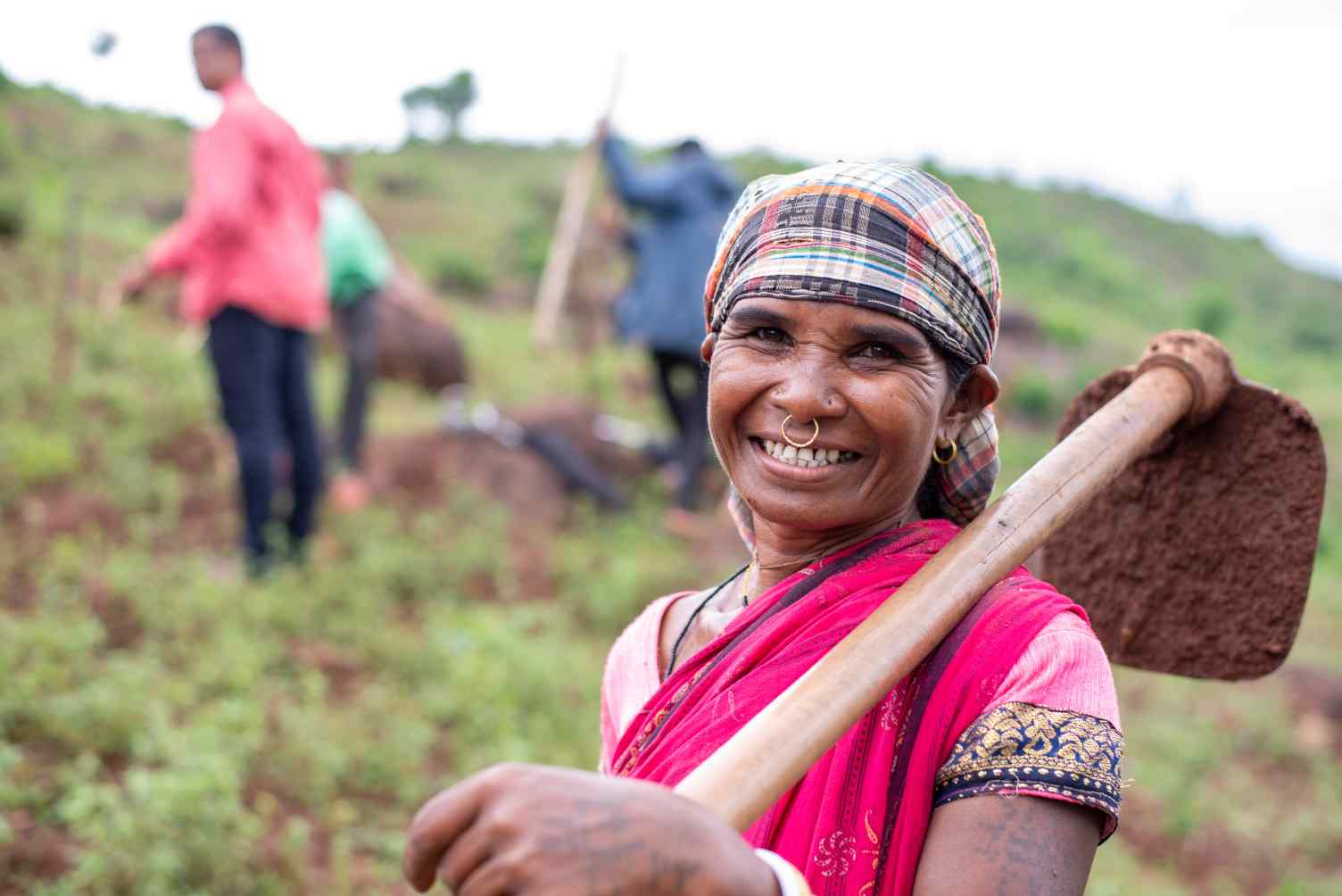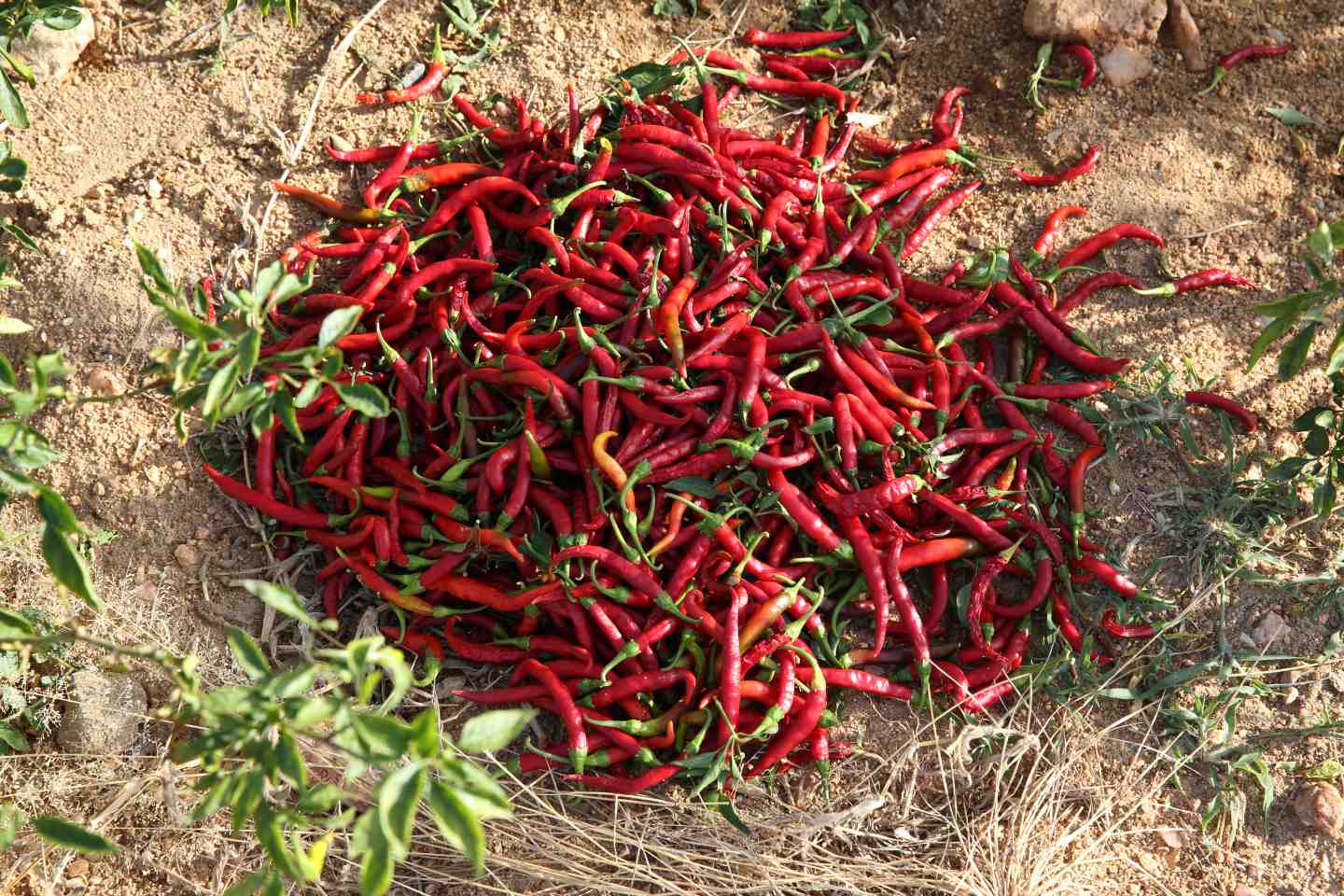Kavitha Kuruganti is a social activist known for her work on sustainable farm livelihoods and farmers’ rights. She is the Founder Convenor of Alliance for Sustainable and Holistic Agriculture, which is a pan-Indian alliance of more than 400 farmer organisations. Siraj Hussain is a former secretary of the Department of Agriculture and the Department of Food Processing. He has dealt with issues related to Indian agriculture for most of his career.
Excerpts from the episode:
Kavitha Kuruganti
“And let me confess that I am not a farmer myself. But I still know that when 41 people walked into the room for talks with the government, not a single person there has been able to say that they have been consulted over the past 15 years. And we are talking about All India [Kisan Sabha], former leaders of Kisan Sabha and other unions, they’ve never been consulted. So, let me just say that the term consultation has been, I think, allowed to degenerate into co-option of certain people who represent a particular state. And their particular bias is already known to the government and one has seen it again and again.
So in the name of consultations, if a stakeholder like the farming communities [is] included at all, it would be those select few unions who are already known to have the same line as the government. And this is not just with this set of reforms, the fact that consultations are not really genuine, deliberative, democratic processes, that [they are] not really about capturing contrarian views. And then trying to see whether there is some way to what somebody who’s completely on the other side is trying to say, that’s not the kind of consultations that we witness here. So yes, consultations might have happened on this very subject. But I don’t think they actually consulted with those farmer unions, which have serious grievances at this point of time, who are protesting.”
Siraj Hussain
“Actually, that is the point which has been under discussion ever since the ordinances were issued, because immediately after the issue of ordinances, the agitation started in Punjab. And somehow, the Union Government felt that it is only one state, which seems to be agitated about it. And therefore, the Union Government went ahead with placing the bills before Parliament, and they were passed by Lok Sabha after a short debate and in the Rajya Sabha it was hurried up. So it is true that the seriousness which was being shown as the center of the agitations in Punjab, was not really appreciated.
I’m sure the Indian government if they had known that, this is the kind of agitation which will result, then maybe they would have referred it to the Standing Committee of Ministry of Agriculture. But I do agree that there was a need for more discussion, wider consultation in the Standing Committee and the state governments. See the point Mr Maira is that agriculture basically, how it has evolved, how it functions, how the markets function, how the cultivation is done, the technology which is used, the level of procurement in the states, even the farm size, there is huge variation across the states. And therefore, due to the urgency with which this matter was treated, I think that eye for differentiation was somehow missed out. So that I think, is the root of the problem that one marketing law for the whole country is what is creating so much of agitation in certain regions.”
Kavitha Kuruganti
“I think the kind of listening that you are talking about is about willingness to allow citizens to shape policies and not an attitude that says that I know best here because I have some consultants or experts telling me what needs to be done. And that kind of listening, I think comes from an acceptance of certain worldviews, certain principles about how the world runs. Let’s say in the context of farmer protests, I think unless the government understands that there’s a great deal of diversity of farmers of protection systems, as well as markets, agricultural markets in this country, there is no real listening that is possible, for instance.”
“This is about a true acceptance of how policymaking can become richer and can become deeper if you have the wisdom to bring many brains together many perspectives together, many worldviews together, many evidences together. And I don’t think that is part of India’s policymaking, and we are lightyears away from it.”
Siraj Hussain
“I really don’t subscribe to the view that the experts do not want to listen, I think they do know, but sometimes, you know, you have been a part of the government. So, sometimes they feel reluctant to speak out. And it also depends on what kind of space is given to experts to put forward their views. If you know, they think that their views will not be respected or they will be misinterpreted, then you know, many people would rather like to keep it to themselves.”
“So, the government and the experts within the government, the NITI Aayog and the Ministry of Finance, Department of Economic Affairs, Ministry of Agriculture, ICAR [Indian Council of Agricultural Research], everybody is attached to the field in some way or the other, they do know what is going on.”
—
Read more:
- Farmer’s Produce Trade and Commerce (Promotion and Facilitation) Act, 2020
- Farmers (Empowerment and Protection) Agreement of Price Assurance and Farm Services Act, 2020
- Essential Commodities (Amendment) Act, 2020
- The farm acts: All you need to know
- #FarmLaws2020: A four part video series featuring farmers, investors, among others
- Who are arthiyas?
- Farmers have a right to be heard
- Farmers’ protests: A volunteer’s diary
- “These laws will make us poorer”




